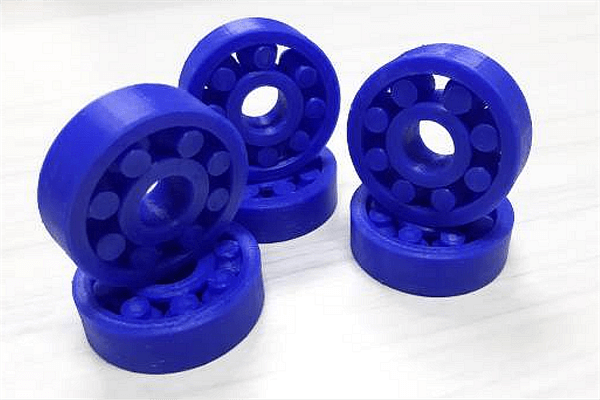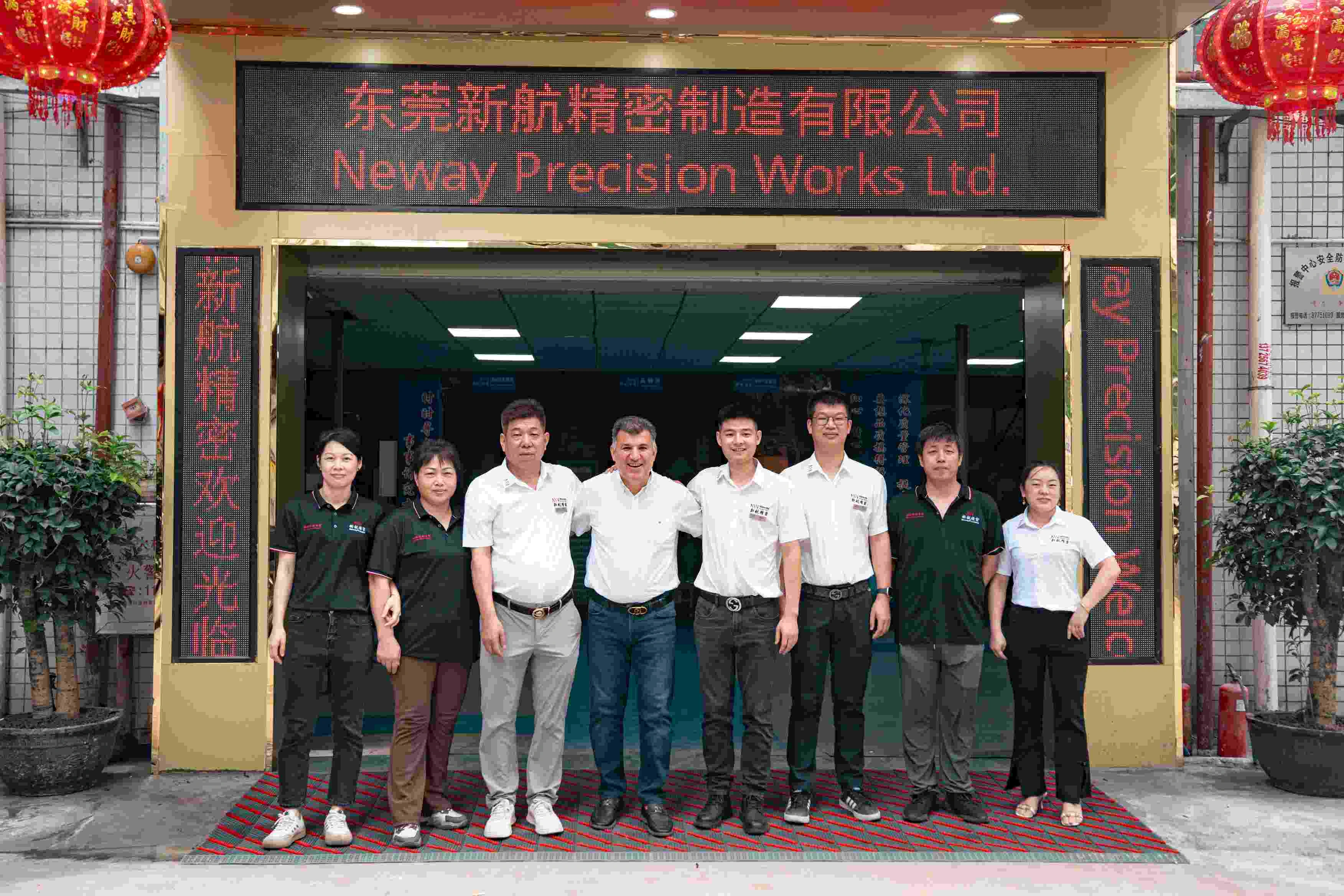PC Plastic 3D Printing Custom Parts On Demand Additive Manufacturing
Introduction to PC Plastic Additive Manufacturing
Polycarbonate (PC) is a high-performance thermoplastic known for its impact resistance, heat stability, and optical clarity. 3D printing PC offers a cost-effective way to produce strong, customized parts with complex geometries for industrial, automotive, and consumer applications.
At Neway Aerotech, our plastic 3D printing services enable on-demand manufacturing of PC parts for rapid prototyping and small batch functional components using FDM and industrial AM systems.
3D Printing Technologies for PC Material
Available Methods for Polycarbonate
Technology | Layer Thickness (μm) | Surface Roughness (Ra, μm) | Max Temp (°C) | Tolerance (mm) | Applications |
|---|---|---|---|---|---|
FDM | 150–300 | 10–25 | ~145 | ±0.2 | Industrial fixtures, mechanical brackets |
SLS (modified PC blends) | 100–150 | 8–20 | ~120 | ±0.15 | Enclosures, support housings, load-bearing frames |
Note: FDM remains the primary process for PC due to material’s high glass transition temperature and extrusion requirements.
PC Plastic Performance Properties
Property | Value Range | Benefit in Applications |
|---|---|---|
Tensile Strength | 55–70 MPa | Withstands high mechanical stress |
Impact Strength | >700 J/m (notched) | Ideal for impact-resistant tooling and guards |
Heat Deflection Temp | 130–145°C | Performs under sustained thermal exposure |
Electrical Insulation | Excellent | Used in electronic housings and insulators |
Optical Clarity | High (if processed) | Suitable for light covers and transparent parts |
Material Selection Justification
PC plastic is chosen when mechanical strength, dimensional stability, and thermal resistance are required beyond typical ABS or PLA.
Unlike PETG, PC retains strength above 120°C.
Compared to ABS, PC offers better impact resistance and creep performance for real-world load-bearing parts.
Case Study: Custom PC Bracket for Industrial Machine Fixture
Project Background
An automation OEM required a custom clamping bracket made of transparent, impact-resistant material to support sensor enclosures in a packaging line. The bracket needed to resist flexing, vibrations, and operating temperatures up to 120°C.
Manufacturing Workflow
Material: PC filament with Tg ~147°C, UV stabilized, suitable for industrial environments.
Process: FDM 3D printing with 0.4 mm nozzle, 0.2 mm layer height, enclosed heated chamber.
Supports: Dual extrusion system using soluble support material to preserve hole geometry and internal faces.
Post-processing: Deburred, annealed at 115°C for 2 hours to improve internal stress resistance.
Assembly: M4 metal threaded inserts installed post-print with ultrasonic press fit.
Surface Finishing and Inspection
Surface roughness measured Ra = 12 μm, acceptable for industrial non-aesthetic use.
Hole deviation < ±0.15 mm, thread alignment within 0.2°.
Passed 1000-cycle vibration fatigue test without fracture or deformation.
Results and Verification
The PC bracket successfully replaced a machined POM part and reduced turnaround time from 14 days to 48 hours. Load simulation confirmed it withstood 1.5× operational torque with no creep or deflection at 110°C. The final part met all mechanical and thermal design objectives.
FAQs
Can PC plastic be printed with support structures for overhangs?
What is the best post-treatment for improving clarity on PC 3D prints?
Is annealing recommended for PC plastic after printing?
How does PC compare to Nylon and ABS for mechanical applications?
What wall thickness is recommended for structural PC parts?

